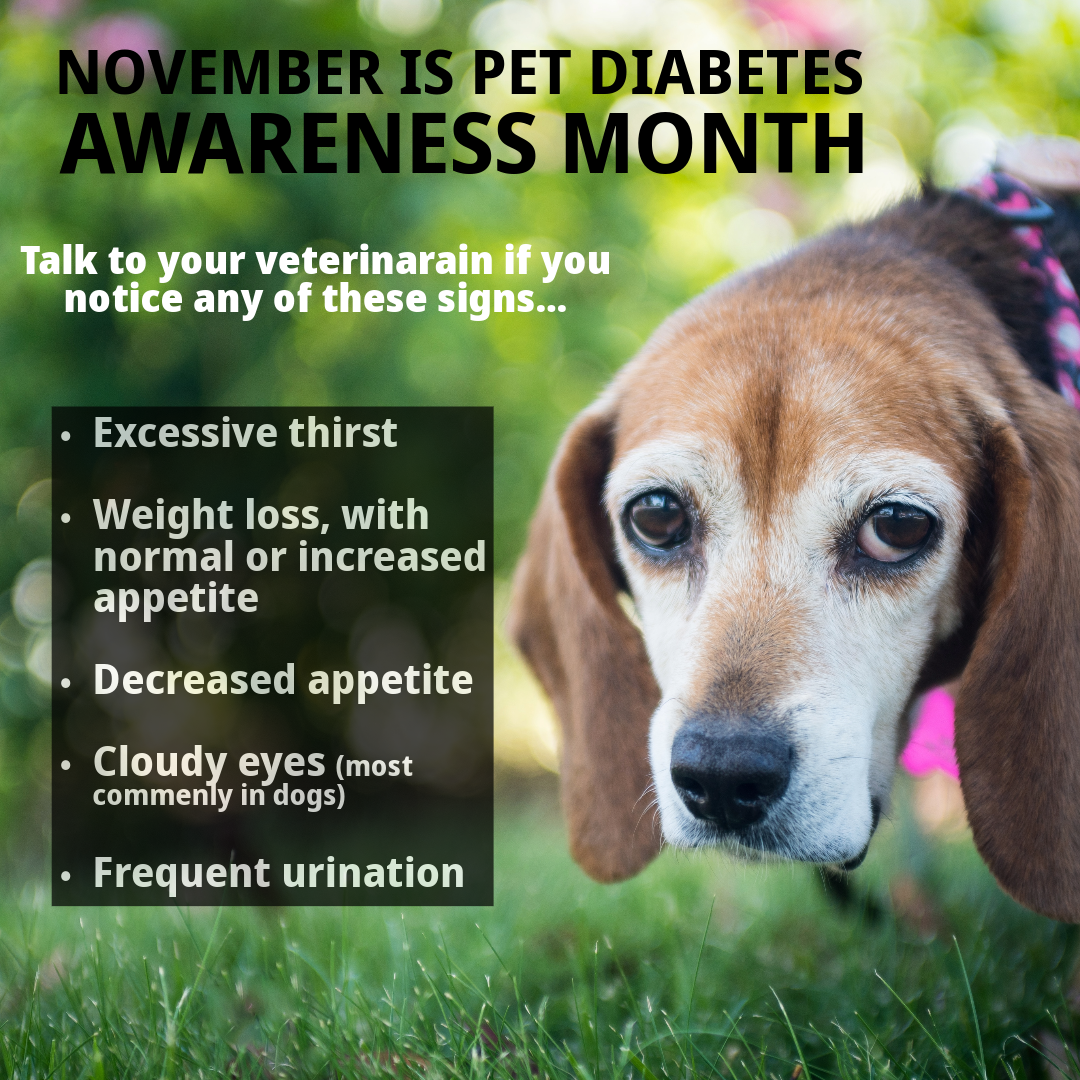Pet diabetes is a common yet often overlooked health condition that affects our beloved four-legged family members. Just like humans, pets can also develop diabetes mellitus, which can have a significant impact on their quality of life. In this blog post, we will dive deep into what pet diabetes is, the causes, signs, and how you can manage and prevent this condition to ensure a long and healthy life for your furry companions.
What is Pet Diabetes?
Diabetes in pets, also known as diabetes mellitus, is a chronic metabolic disorder that affects the regulation of blood sugar (glucose). It occurs when the body cannot produce enough insulin or properly utilize it, leading to elevated blood sugar levels.
Causes of Pet Diabetes
- Genetics: Certain breeds are more predisposed to diabetes, including Poodles, Beagles, and Dachshunds.
- Obesity: Excess weight is a significant risk factor for diabetes in pets.
- Age: Older pets are more susceptible to diabetes.
- Pancreatic Disease: Conditions that affect the pancreas can lead to insulin deficiency.
- Medications: Some medications can interfere with insulin regulation in pets.
Common Signs
- Excessive thirst and urination
- Increased appetite while losing weight
- Lethargy
- Cloudy eyes (particularly in dogs)
- Weakness or hind leg weakness
- Recurrent infections
- Sweet or fruity-smelling breath (a sign of diabetic ketoacidosis)
Diagnosis and Treatment
If you notice these signs, it’s crucial to consult your veterinarian. They will perform blood and urine tests to diagnose diabetes. Once diagnosed, treatment usually involves:
- Insulin therapy
- Prescription diets
- Regular exercise
- Monitoring blood glucose levels
- Maintaining a consistent daily routine
Prevention
While you can’t always prevent pet diabetes, you can reduce the risk:
- Feed a balanced diet and maintain a healthy weight.
- Regular vet check-ups.
- Provide regular exercise and mental stimulation.
- Be mindful of sugary treats and foods.
Pet diabetes is a manageable condition, and with the right care and attention, your pet can live a happy and healthy life. If you suspect your furry friend may have diabetes, don’t hesitate to consult with us. Together, we can create a plan to ensure the best possible quality of life for your beloved pet.
As always, the team here at Cross Street Vet is here to help answer any questions you may have and provide the best care for your fur family. Please contact our office if you would like to schedule an appointment for your pet(s).

